Drosophila @ EPFL
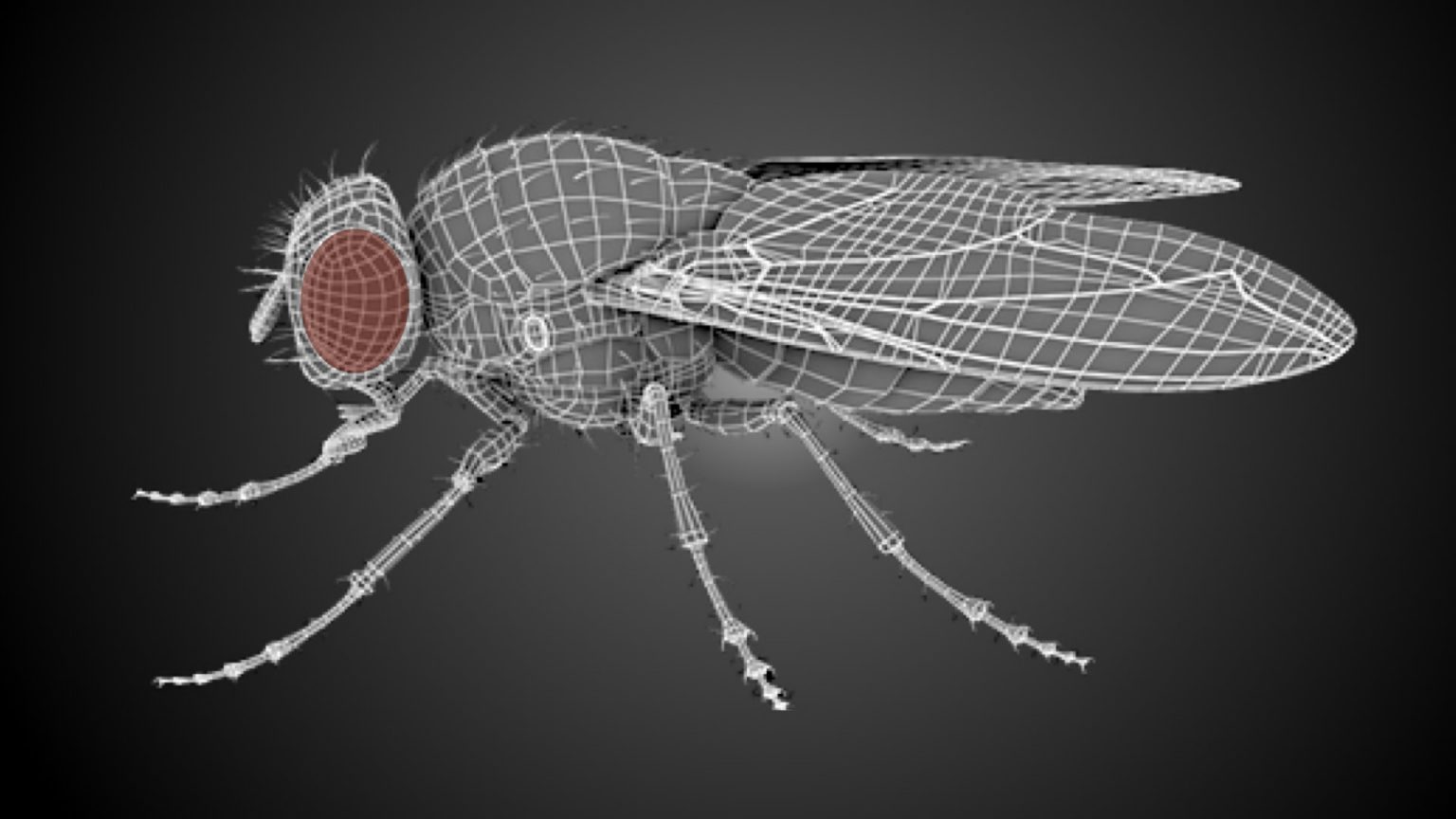
Drosophila Research at EPFL
Drosophila Research at EPFL
Drosophila melanogaster, commonly called fruit flies or sometimes vinegar flies, have been employed as a model organism for biological research for over 100 years. Thanks to this sustained investigation, Drosophila is one of one of the most fully understood animal models in all of biomedical science with sophisticated molecular and genetic tools not available in other model systems. Drosophila has many genetic, physiological and behavioural similarities to humans and studies of this model organism are in harmony with the goals of 3R. Research using Drosophila have laid the foundations for many aspects of modern medicine and biology including our understanding of development, immunity and neuroscience. This has been recognized by the award of six Nobel Prizes to 10 researchers for their groundbreaking discoveries made with Drosophila.
Researchers at EPFL employ Drosophila to understand infection biology, gene regulation, motor control, brain evolution, neurodegenerative diseases, membrane lipids and transcriptomics. Read more about their work using the links below –
EPFL Drosophila Labs
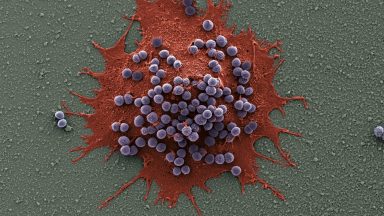
Lemaitre Lab
The Lemaitre lab investigates mechanisms of microbial infection and host defence.
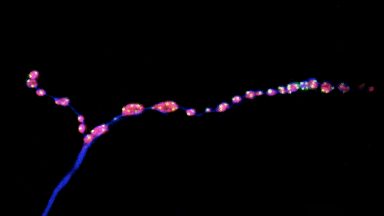
McCabe Lab
The McCabe lab studies motor neuroscience including motor circuits and neurodegenerative diseases.

Deplancke Lab
The Deplancke lab investigates the organization, regulation and variation of genomes.
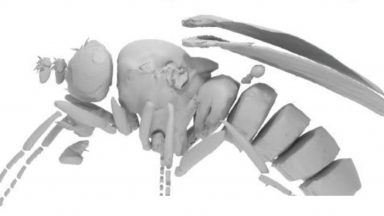
Ramdya Lab
The Ramdya lab aims to reverse-engineer Drosophila to understand brain logic and design more intelligent robots.
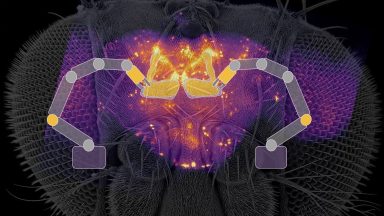
Jaksic Lab
The Jaksic lab employs experimental evolution to understand cognition and cognition-related traits.

D’Angelo Lab
The D’Angelo lab aims to understand the role of membrane lipids in cell identity and development.
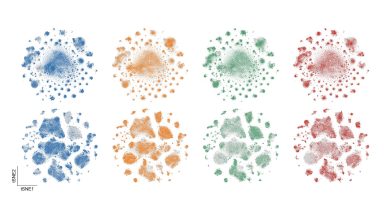
Brbic Lab
The Brbic lab is focused on developing machine learning methods to solve challenges in biomedical research.